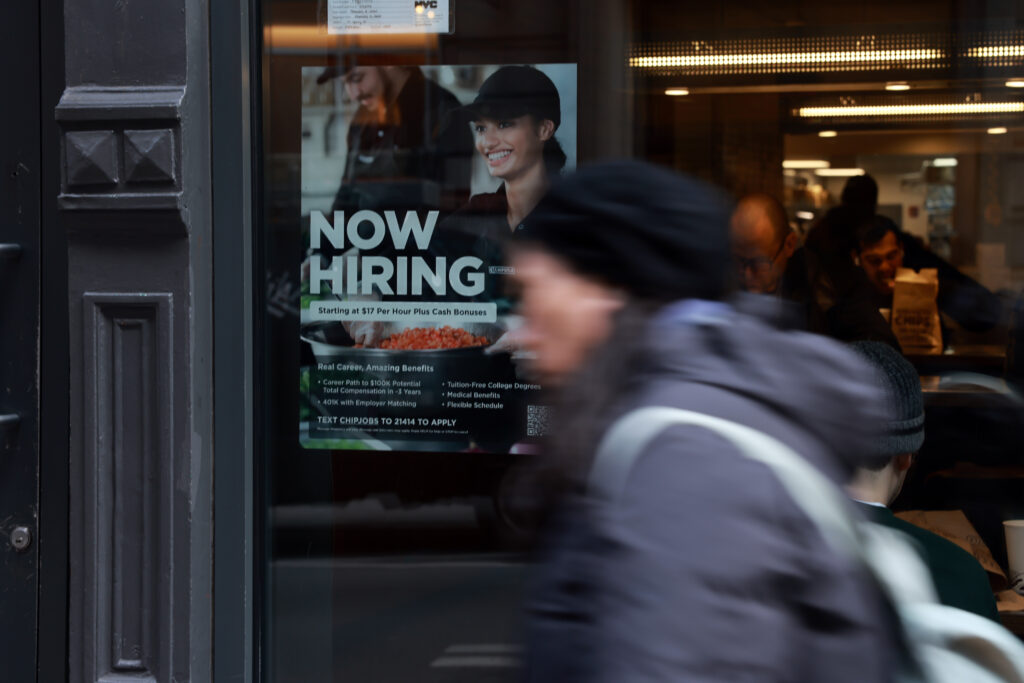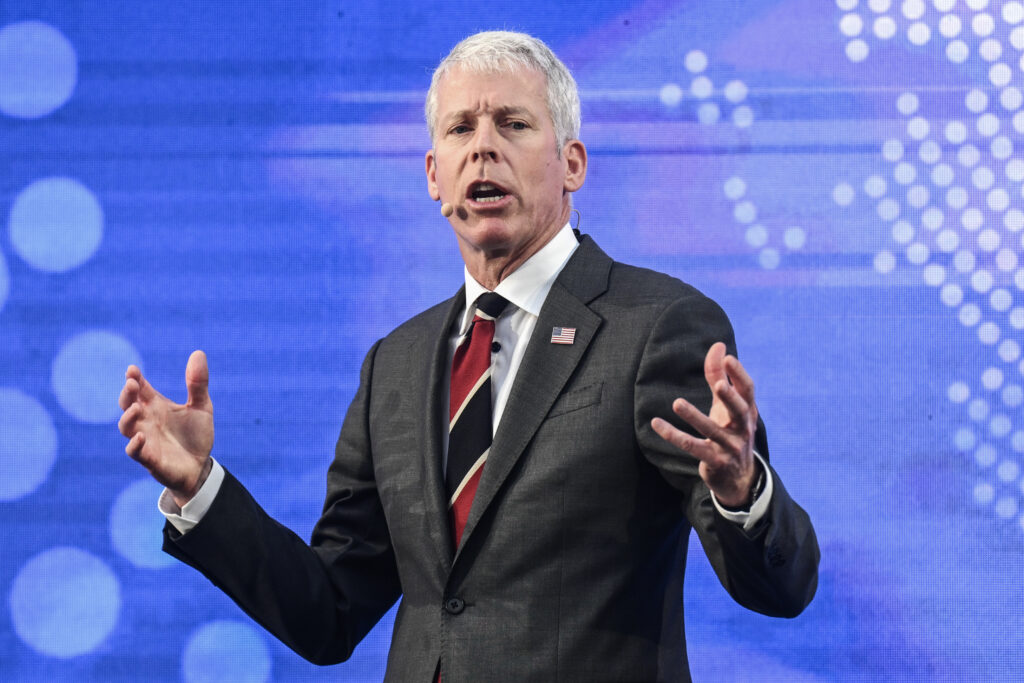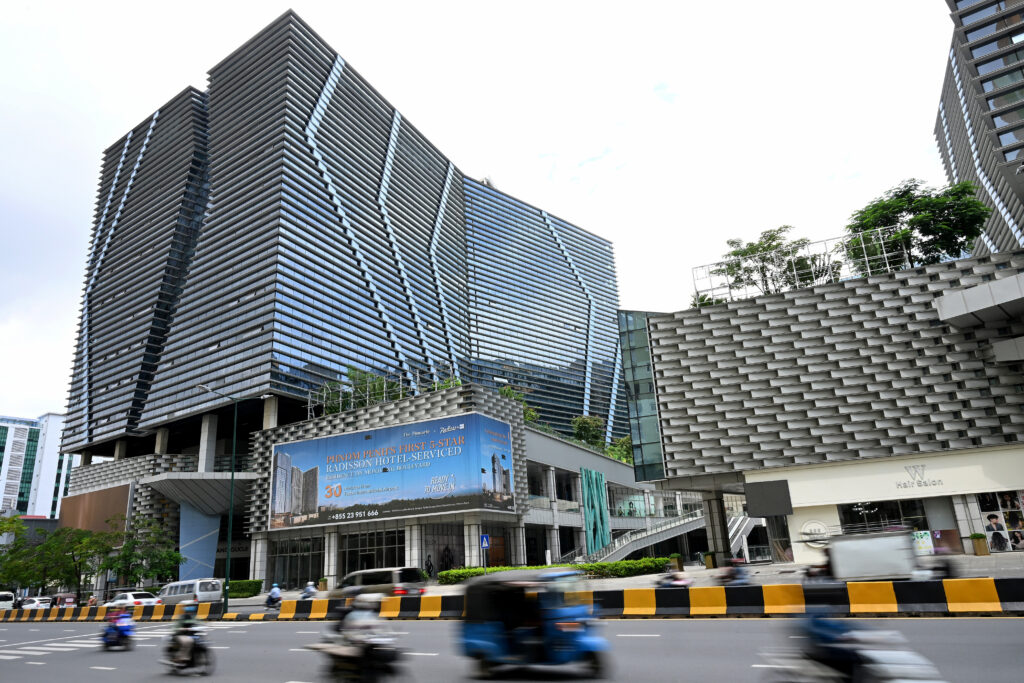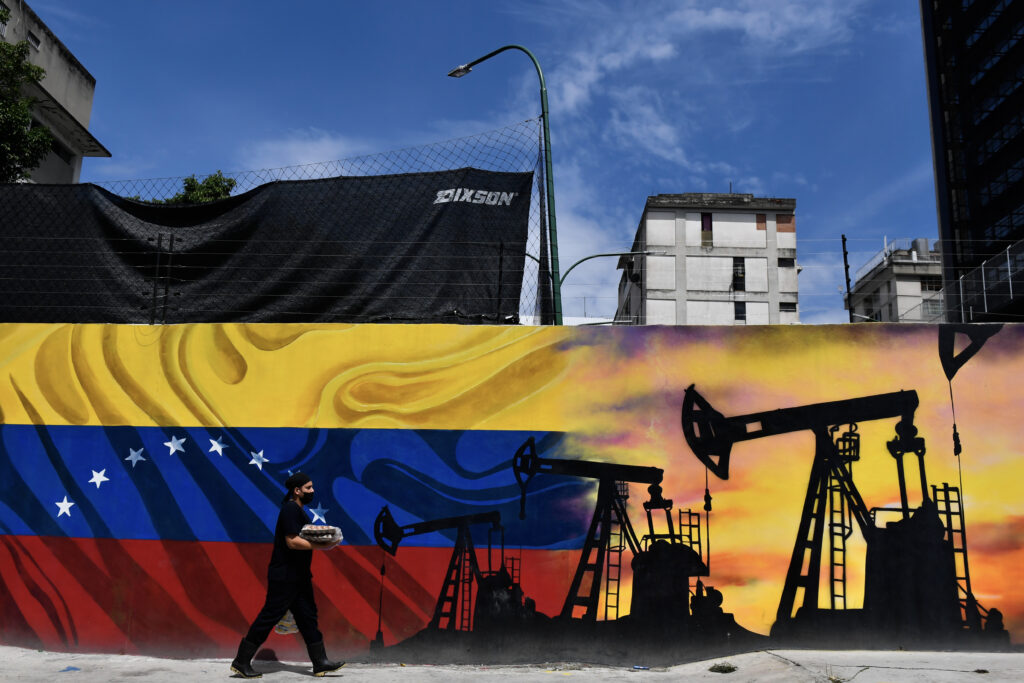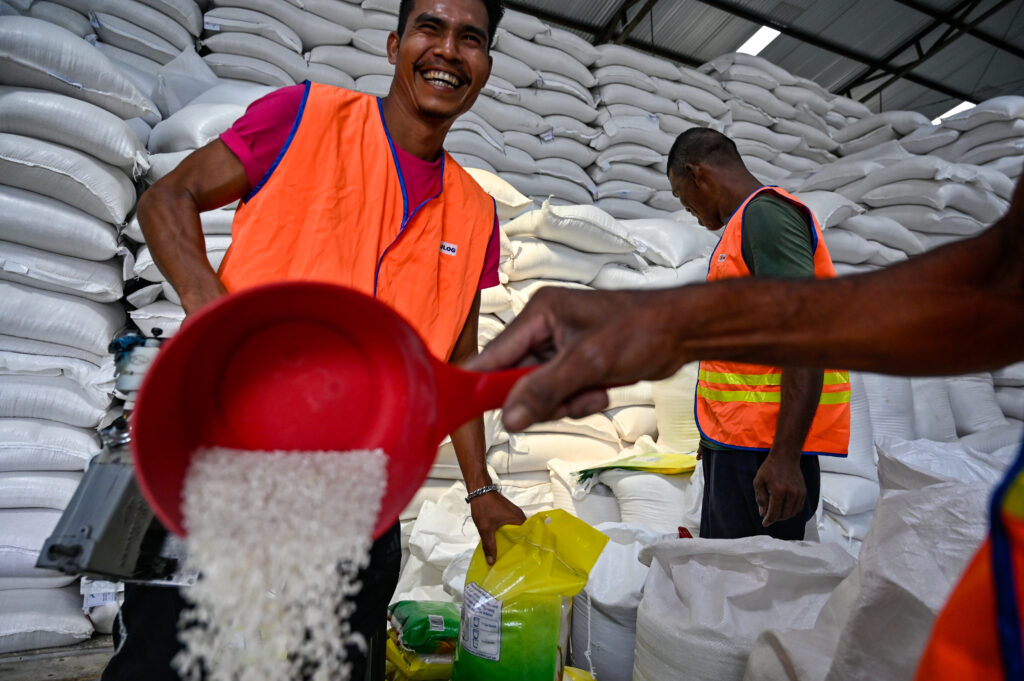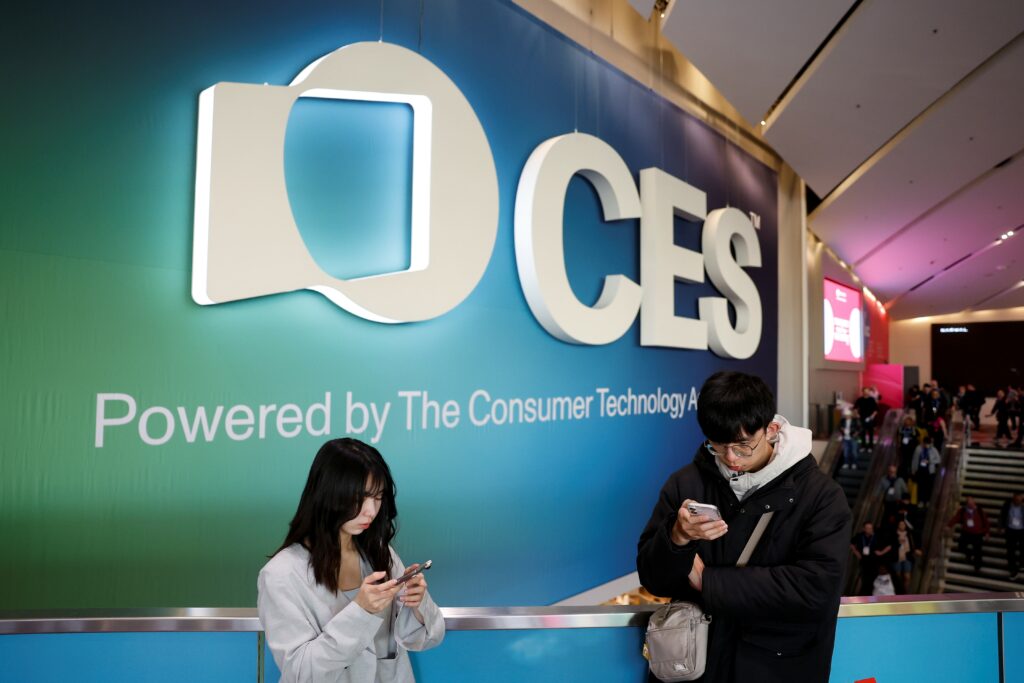Asian markets mixed as traders eye US jobs data
Asian markets were mixed Thursday as the rally that has characterised the start of the year paused with investors looking ahead to the release of key US jobs data this week.Traders were also taking stock as they assessed the geopolitical outlook after the US toppling of Venezuela’s president and simmering tensions between China and Japan.A tepid lead from Wall Street, where the Dow and S&P 500 came off record highs, saw Asia players step back and take a breather before the US release of data on job openings and unemployment claims later in the day.They are followed Friday by the closely watched reading on non-farm payrolls, a crucial guide for Fed decision-makers, who meet at the end of the month amid debate on whether they will cut interest rates for a fourth successive time.”Attention is fixed squarely ahead, with Friday’s jobs report sitting dead centre in the crosshairs,” said Stephen Innes, managing partner at SPI Asset Management.”A very strong number forces markets to rethink timing. A very weak one reopens recession debates. Anything in between simply prolongs the range and keeps this market drifting sideways at altitude.”Equity markets in Asia struggled, with Tokyo, Hong Kong, Singapore, Wellington and Jakarta all down.Shanghai, Sydney, Taipei and Manila edged up.Seoul continued its rise to multiple records, though tech giant Samsung dipped even after saying it expected its fourth-quarter profit to reach a record $13.8 billion.Tokyo stocks were weighed after China announced an anti-dumping probe into imports from Japan of a key chemical used in making semiconductors, a day after it banned the export to the country of goods with potential military uses.The move adds to rising diplomatic tensions between the Asian giants since Japanese Prime Minister Sanae Takaichi suggested in November that her country may react militarily in any attack on Taiwan.Oil prices edged up after suffering a second successive steep fall Wednesday on the back of news that Venezuela would send the United States millions of barrels of crude following the latter’s ouster of President Nicolas Maduro at the weekend.Traders will also be keeping an eye on a Supreme Court ruling due Friday on the legality of Donald Trump’s punishing tariffs.The landmark case on the US president’s unprecedented use of powers for sweeping global levies strikes at the heart of his economic agenda.- Key figures at around 0320 GMT – Tokyo – Nikkei 225: DOWN 0.6 percent at 51,660.50 (break)Hong Kong – Hang Seng Index: DOWN 1.2 percent at 26,132.26Shanghai – Composite: UP 0.1 percent at 4089.17Euro/dollar: DOWN at $1.1680 from $1.1682 on WednesdayPound/dollar: DOWN at $1.3462 from $1.3463Dollar/yen: DOWN at 156.67 yen from 156.77 yenEuro/pound: UP at 86.77 pence from 86.76 penceWest Texas Intermediate: UP 0.3 percent at $56.17 per barrelBrent North Sea Crude: UP 0.3 percent at $60.16 per barrelNew York – Dow: DOWN 0.94 percent at $48,996.08 (close)London – FTSE 100: DOWN 0.74 percent at $10,048.21 (close)
